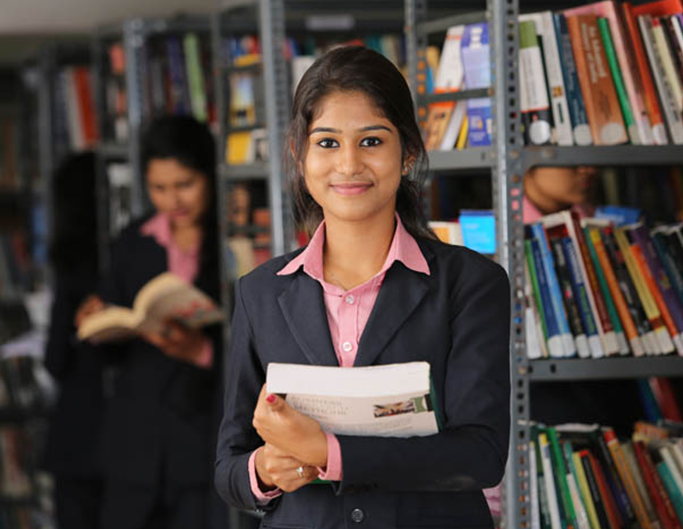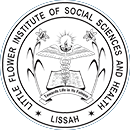
PUBLICATIONS
call for article
Forgotten Futures: Understanding the Plight of Children in India LISSAH Journal is a flagship bi-annual journal published by Little Flower Institute of Social Sciences and Health (LISSAH), affiliated to the University of Calicut, Kerala. The journal brings various themes to discuss in its every issue based on relevance and the fundamental areas of its academic interest, such as social development, holistic health, environment, media and communication, economics and management. Academicians, practitioners, research scholars, and students are encouraged to exchange knowledge by publishing their findings from theoretical and empirical studies. Children are an integral part of our society and represent the future of mankind. They are the ones who will grow up to become the leaders, innovators, and contributors of tomorrow. Consequently, it is important to ensure that we provide children with the proper care and resources to ensure that they reach their full potential. By doing so, we can ensure that the children of today will be the successful and well-adjusted people of tomorrow. The concept of a child's ‘well-being’ is multifaceted and encompasses factors including their physical and mental health, their family and social relationships, good nutrition, access to quality education and health care service, opportunities to explore their talents, and a safe environment in which to grow and develop. Other definitions of well-being emphasise safe, happy existence and children's freedom from threats, including trafficking, addiction, and discrimination. In this context, the upcoming issue of LISSAH journal unambiguously decides to discuss the theme ‘Forgotten Futures: Understanding the Plight of Children in India’. Articles can be addressed and emailed to the editors at journal@lissah.com. The abstract of the paper shall be sent by 25th May 2023.
Guidelines and checklist for submission
The submission of the articles must contain three attachments
-
- The full article
- A signed declaration stating the article is original, unpublished and not submitted/considered for publication elsewhere.
- Corresponding details of the author/s, such as, official address, affiliation of institution, telephone number, email etc.
- The first author will be considered as the corresponding author.
- Provide an abstract of 150 to 250 words along with 4 to 6 keywords.
- The length of a full article should be between 3000 to 6000 words. Longer articles with high-end scholarly inputs are considered up to a maximum of 8000 words. Shorter papers on theoretical models for theme-specific project interventions, filed-based initiatives / innovative models, case studies/anecdotes are also considered.
- A clear and concise methodology, as well as a thorough literature review, should be given.
- The text must be in Times New Roman font with 12 point size and 1.5 line space.
- Tables and graphs should be numbered consecutively, and the titles should be placed above every table as well as the source should be indicated at its bottom. The line spacing for the table shall be in single point.
- References, including internet sources, should follow the standard APA format
- Maps, images etc. used must be provided in JPEG format
Any further clarifications shall be addressed to the editors at journal@lissah.com




